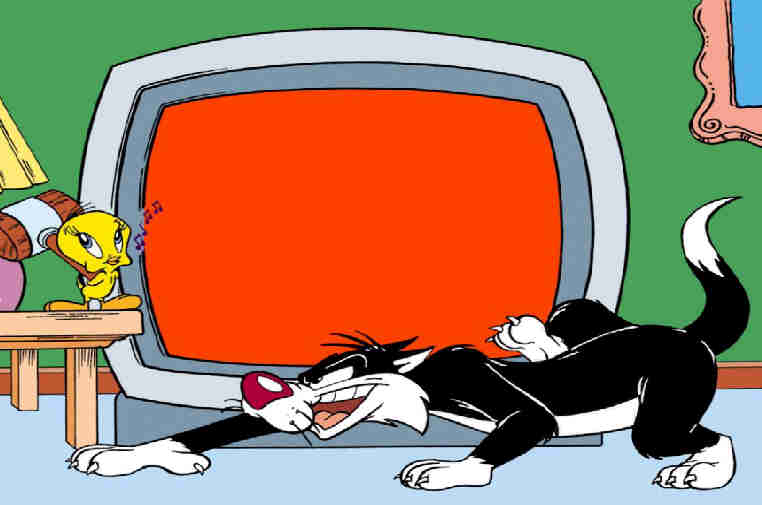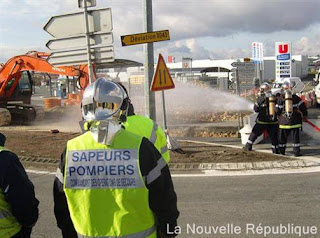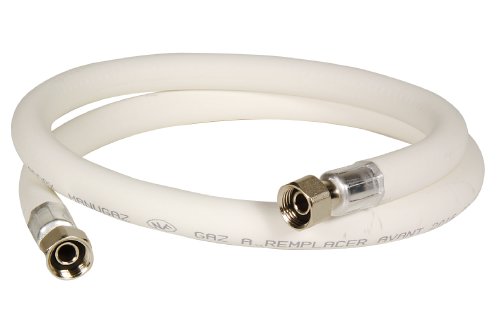J'en ai marre (coloquial) } I'm fed up / I've had enough
J'en ai assez }
J'en peux plus (je n'en peux plus) = I can't take anymore


un poisson rouge = goldfish

un poisson rouge
By the way, have you heard the one about the Catholic goldfish who went to midnight mass? (Private joke - you had to be at last Thursday's lesson to appreciate that one).
les oeufs brouillés = scrambled eggs

les oeufs brouillés
triste = sad

triste
Ago
six years ago = il y a six ans
one week ago = il y a une semaine
three months ago = il y a trois mois
s'approcher de = to approach / come nearer

le chat s'approche de l'oiseau
parce que = because
à cause de = because of

e.g. Je suis en retard parce que j'ai eu un accident de voiture.
Je suis en retard à cause d'un accident de voiture.
And finally ......
manquer = to miss. Check out a previous post for a full explanation.














